Sailing in the name of science
After completing his first Vendée Globe in 2017, Fabrice Amedeo realized that sailing was no longer sufficient for him: he wanted to give meaning to his sports project.

The ocean covers 70% of our planet’s surface. A space synonymous with adventure and freedom, it provides a habitat for a tremendous wealth of biodiversity, the true scale of which remains unfathomable. It is essential for the activities of hundreds of millions of people and it is a nourishing space for a large proportion of humanity.

A veritable lung of our planet, it absorbs a third of the carbon dioxide present in the atmosphere and regulates the climate. Its phytoplankton produces almost as much dioxygen as the forests. If the ocean succumbs, the whole of humanity will disappear with it.
And yet the fact is that the Ocean is sick today. Human pollution is destroying ecosystems, colonising the seabed, polluting its surface and its coastlines. Whole species are disappearing. The climate is changing, testifying to the deterioration of its main regulator.
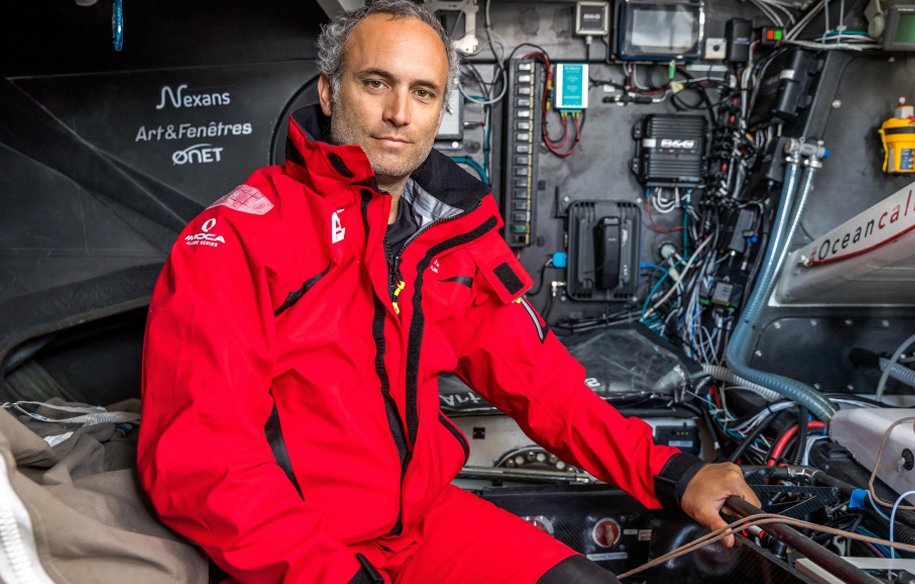
Today, there is an urgent need for us to rally together and work to preserve the ocean. Its future is a major challenge for the future of our planet and the future of humanity.
Created by the sailor and journalist Fabrice Amedeo, the OCEAN CALLING Fund aims to unite companies and citizens keen to stand up and be counted in the fight to preserve the Ocean.

by using oceanographic sensors aboard Fabrice Amedeo’s racing yacht to measure the pollution of the oceans and provide valuable data to the international scientific community.
by developing educational projects for children and schools.
by organising campaigns to pick up the waste littering the coastlines.
by financing associations with an ecological and societal vocation.

“We’ve been living contractually with the Earth for only a little while. As if we were becoming its sun or its satellite, as if it were becoming our satellite or our sun (…) This is history’s bifurcation: either death or symbiosis”

“People love what fills them with wonder and we protect what we love”
Sailor, author, Fabrice was a journalist at France’s Le Figaro for 12 years before becoming a professional sailor. He has raced across the Atlantic 15 times, he’s preparing for his third Vendée Globe and, several years ago, he decided to inject true meaning into his career as a sailor by championing the preservation of the oceans.

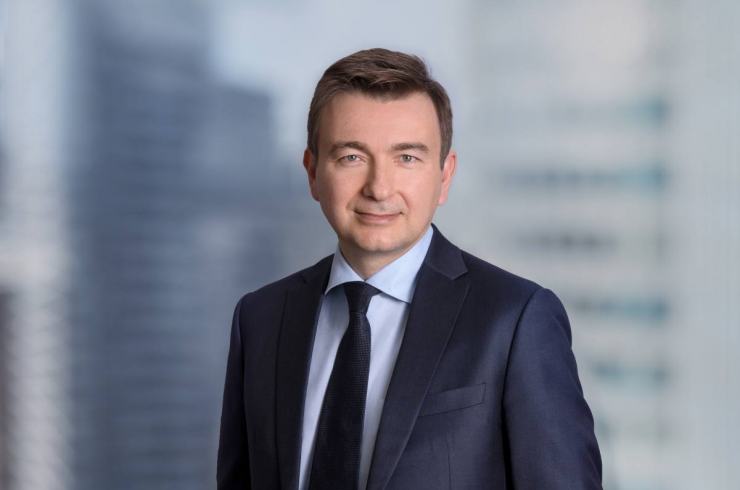
It was under his management that the Group decided to instigate a definite strategic shift towards the sustainable electrification of the world. A shift towards circular, renewable, zero-carbon energy. Using innovation to benefit sustainable growth, Christopher GUERIN has decided to
invest in partnerships, which illustrate and give structure to this desire. Such is the case in the partnership formed with Fabrice Amedeo and his team, whose environmental campaign to preserve the oceans and its educational drive to raise awareness among young generations ensure that, in addition to the sporting challenge, it is also a coherent holistic project.
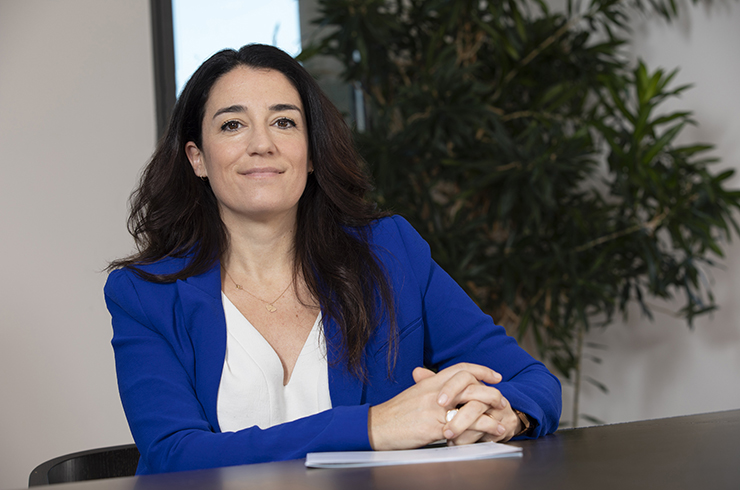
Particularly sensitive to the struggle to preserve the oceans and the Mediterranean Sea in particular, which stretches out in front of the company’s headquarters in Marseille. As a result, Emilie de Lombarès is keen for Onet to continue improving its environmental and social impact and ensure that all the company’s associates support this approach through actions to combat the global challenges faced by our companies and the planet. Emilie de Lombarès is also vice-chair of the Onet Foundation, which is taking action to combat poor housing, and a member of Sulitest.org’s Executive Committee, which is tasked with improving understanding, know-how and attitudes in the domain of sustainable development.
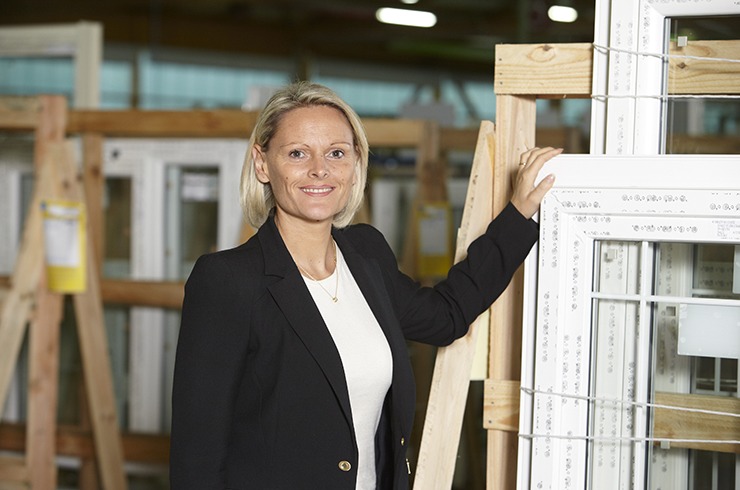
Known for her deeply-held convictions and strong values, Cécile SANZ is committed to a more responsible world in her capacity as an industrial protagonist as well as on a personal and citizen-based level. Aware of the challenges and the role economic protagonists play, since 2021 Cécile SANZ has held the post of Vice-Chair of the Union des Fabricants de Menuiserie, a union that represents France’s window and door industry, to ensure it respects the environment. A fan of Brittany and the Baie de Quiberon where she spends a great deal of her free time, joining up with the OceanCalling adventure alongside Fabrice Amedeo was an obvious move. Cécile SANZ trusts that the sum of all these individual and collective actions will have a positive impact on our planet.
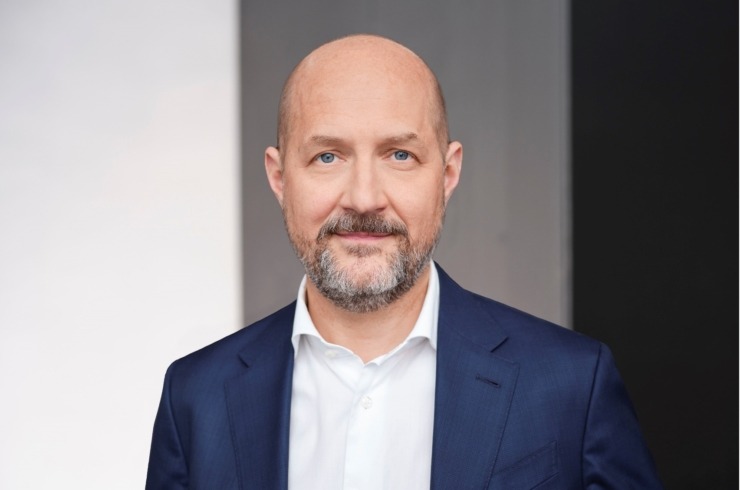
A reduced environmental impact and the protection of future generations are concerns at the heart of the family business chaired by Daniel Hager. In partnership with Fabrice Amedeo, Hager Group supports scientific research through its commitment to the Ocean Calling investment fund. Daniel Hager, as guarantor of these commitments, is convinced that our common efforts can make a difference to a more sustainable future.

Jérôme Cachot is the co-director of the Aquatic Ecotoxicology research team based in Bordeaux and Arcachon. Together with his team, he has spent the past 7 years studying microplastic pollution of aquatic ecosystems. Since 2015, he has participated in 9 scientific projects (2 of which are European), supported 4 PhD students and 3 post-doctoral students and published 14 scientific articles on the topic of contamination and the toxic effects of microplastics in aquatic ecosystems. Within the context of the Ocean Calling scientific project, he and his team are helping to extract, sort and analyse the microplastic samples Fabrice Amedeo brings back from his races and his various campaigns designed to measure the pollution of the oceans.

Catherine Dreanno, researcher at Ifremer, an oceanographic institution in north-west Brittany, and director of the ‘Détection, Capteur et Mesures” (Detection, Sensor and Measurements) Laboratory, whose focus includes the development and optimisation of analytical methods detailing the microplastics present in the environment to better understand their distribution and measure their impact on ecosystems. During her studies, Catherine Dreanno specialised in marine biology and ecology. She has a real passion for the physiology of reproduction and development in aquaculture organisms and marine invertebrates. Having spent 9 years overseas and across France during her post-doctoral studies, her thirst for innovation and R&D prompted her to join Ifremer’s ‘Research and Technological Development’ unit in 2008 to work on an array of topics, including the development of in situ biosensors and molecular diagnostic methods geared around tasks like the detection of toxic microalgae and marine toxins.

Xavier is an Associate Professor and marine molecular ecologist at the University of Auckland and the current Team Leader of Molecular Surveillance at the Cawthron Institute, New Zealand. His research expertise focuses on applying environmental DNA and RNA (eDNA/eRNA) diagnostics tools for measuring biodiversity changes associated with natural and human-induced stressors. Xavier has 20 years of research experience, with over 120 publications on the use of molecular tools for measuring marine ecosystems health across tropical and temperate regions and from coastal to pelagic to deep-sea habitats in the Indo-Pacific region. Xavier is very passionate about public outreach and citizen science initiatives developing field-deployable eDNA tools that help monitor climate change and promote ocean literacy. He is a founding member of the Australia-NZ Southern eDNA Society (SeDNAs).